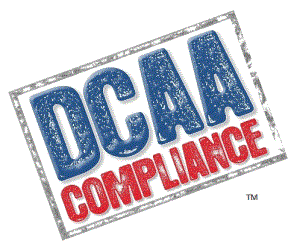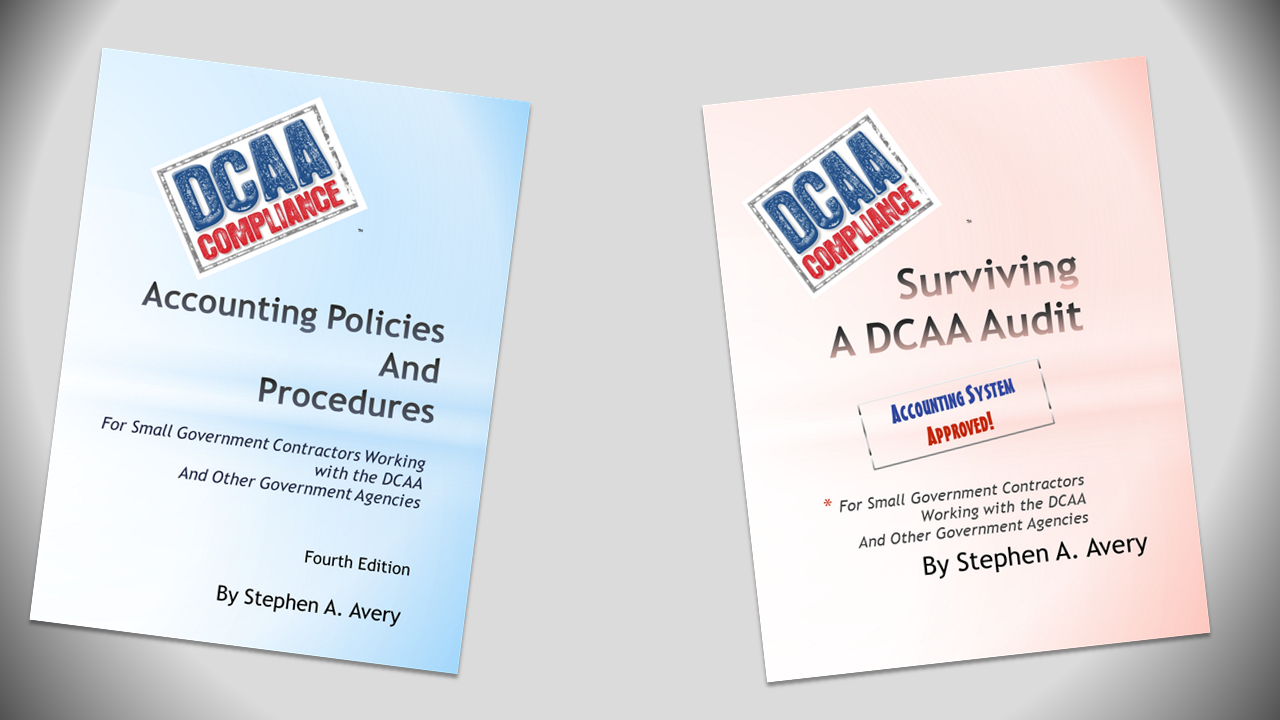The Armed Services Board of Contract Appeal is down again for the second time in the last several months. I will not let this attack on democracy (although I am sure the government has an excellent reason for the prolonged denial of access to this information) stop our discussion of the TSI case.
Back to the recent Armed Services Board of Contract Appeals (ASBCA) Technology Systems, Inc. (TSI) (ASBCA 59577) and the nine areas I believe are worth discussing:
- Supporting Material Overhead rate
- DCAA auditor independence
- DCAA’s right to change their mind in subsequent audits
- Tax vs. Book on depreciation issues
- Bonuses
- Accrued Costs crossing fiscal year
- Unapproved subcontractors
- An excellent example of DCAA properly developing findings.
- Documenting consultants work product
The scratched out areas were discussed in previous articles. Today, I am going to talk about DCAA’s right to change their mind in subsequent audits. Again, I am not a lawyer and this is not legal advice.
DCAA’s Right to Change Their Mind
The disagreement between the ASBCA judges and too much of the 61-page opinion addresses the question of DCAA’s changing its mind from audit to audit and from auditor to auditor. To sum up, the two judges in the majority believe DCAA has a broad right to do so, while the minority judge does not.
I am not going to quote their respective arguments, which coincidently coincides with their website unavailability, because I believe this is a horrible case to address the issue.
If DCAA audits, or chooses not to audit, a subcontractor’s invoices in 2012 and sees nothing wrong; this does not prevent them from looking at the subcontractor’s new invoices in 2013 and deciding there is something wrong. All of the extensive legal arguments between the judges aside, the ability to look at costs fresh from year to year is simply common sense to me. This is not absolute but generally true.
One obvious area where DCAA must change its opinion is when there a change in law, regulation, or GAAP.
Does this infer that I believe DCAA is allowed to change their mind at any time and without any constraint? NO, IT DOES NOT. I just believe, despite the pages and pages dedicated to the issue, that this was not the case to explore DCAA’s mind changing abilities.
Let us look at some areas where I believe DCAA’s ability to change its mind is limited.
Reasonableness
Underlying this, as is often the case with DCAA, is the fundamental issues surrounding burden of proof. DCAA auditors can propose findings based on two conclusions: first; the finding is based on a violation of statute, regulation, or GAAP[1]; second; the finding is based on DCAA’s assertion that the cost is unreasonable or imprudent.
If a subsequent DCAA auditor objects to a cost that a previous DCAA auditor allowed because the previous auditor missed an applicable regulation, then the new DCAA auditor is not only within rights to question, but is ethically obligated to proceed with the finding development. However; if the proposed finding is based on reasonableness (or unreasonableness), I believe the contractor enjoys a strong argument that the actions of the previous auditor establish the cost was reasonable and that the personal differences in auditors cannot form the basis for a finding.
Implicit in this is the assumption that both auditors actually sampled and audited the cost. If the first auditor did not actually sample and audit the cost, there is no assumption made.
Sometimes I believe the only person some DCAA auditors lacks respect for more than a contractor is another DCAA auditor. It does not surprise me that this second guessing occurs frequently, but I have now provided a basis for evaluation and objection.
For a closer look at burden of proof issues, look at these previous articles,
Documentation
Another common area where we witness disputes between prior and present DCAA auditors is regarding documentation. The first auditor accepts the documentation while the subsequent auditor does not. Again, there is the assumption the first auditor actually sampled and reviewed the documentation. Again, if there is a SRG issue, especially a change in one of them, I believe the subsequent auditor has the right to raise the issue.
In most cases, the difference arises out of a different interpretation of the SRG. A good example is how some auditors read the requirement for consultant documentation. We will discuss this thoroughly in a future article on this case, but I will just point out that the judges noted that the subsequent DCAA’s auditor’s interpretation of the regulation on consultant documentation was wrong.
Where the documentation is basically identical, the issue gets a bit trickier. As the recent Lockheed Martin case asserted (I would link it if the website was up), inadequate documentation is not a reasonable and prudent argument. Because of this the burden of proof that the documentation is inadequate rests with the government auditor. Now the auditor has to demonstrate the documentation is inadequate despite the previous auditor’s acceptance. I think that is a challenge, but not an impossible one.
Policy and Procedure
Where DCAA should respect prior audit opinions is in the area of a contractor’s policies and procedures, and accounting structure.
DCAA recommended approval of an accounting system is a positive assertion on their part that the contractor’s accounting system is adequate for government contracting purposes. This is done by the auditor signing the SF 1408.
Some consultants sign the SF1408 and argue that this is the contractor’s privilege. I absolutely believe this is contrary to the regulation and it also takes away the DCAA signature accepting your accounting system and the positive assurance I am talking about.
I would argue that if it is covered by the SF 1408, the contractor and the government is provided assurance by DCAA that the system, to include policies and procedures is adequate.
For example, section 2(c) of the SF 1408 addresses allocation method.:
“A logical and consistent method for the allocation of indirect costs to intermediate and final cost objectives. (A contract is final cost objective.).”
There is a critical grammar mistake on the government’s part (is it “A contract is a final cost objective” or “A contract is the final cost objective”?).
Grammar question aside, an approved SF 1408 is an approval of the contractor’s allocation method (Total Cost Input, Value Added, or otherwise). DCAA should not subsequently object to the contractor’s allocation method unless there is a change (SRG or internal).
The SF 1408 is not comprehensive even if your policies and procedures are. Unfortunately, this does not mean that, as part of the process, when you send DCAA your hundred-page accounting policies and procedures you can assume they are all approved. I would only assume the ones covered by the SF 1408 are.
The best example of this are bonuses, which are not addressed in the SF 1408.
TSI believed they addressed the issue with DCAA. Their bonus plan was new to the year that was the subject of the audit findings and the appeals case. Before the submission they started a discussion on the bonus plan with DCAA :
“Mr. Fletcher testified that he met with DCAA auditor Marie Pepin for approximately two hours on 28 February 2008 to discuss the ICP for FY 2007 that would be submitted later in 2008, and raised the executive bonus plan with her during this discussion (tr. 2/121-22). According to Mr. Fletcher, Ms. Pepin said words to the effect of “this looks good to me,” and then they moved on to other subjects (tr. 2/123). We find, as a matter of fact, that this discussion was relatively short and superficial in nature and did not constitute any representation that the government gave final approval to the bonus plan as proposed or executed.”
I wonder if the court would have thought differently if TSI had employed my recommended procedures and followed up the meeting with an email documenting the agreement and attaching the plan?
If TSI had sent that email, we might have had a good case for deciding when and how DCAA can change its mind, even if DCAA ignored the email.
[1] I am going to refer to proposed findings based on statute, regulation or GAAP as “SRG” for the rest of this article.

